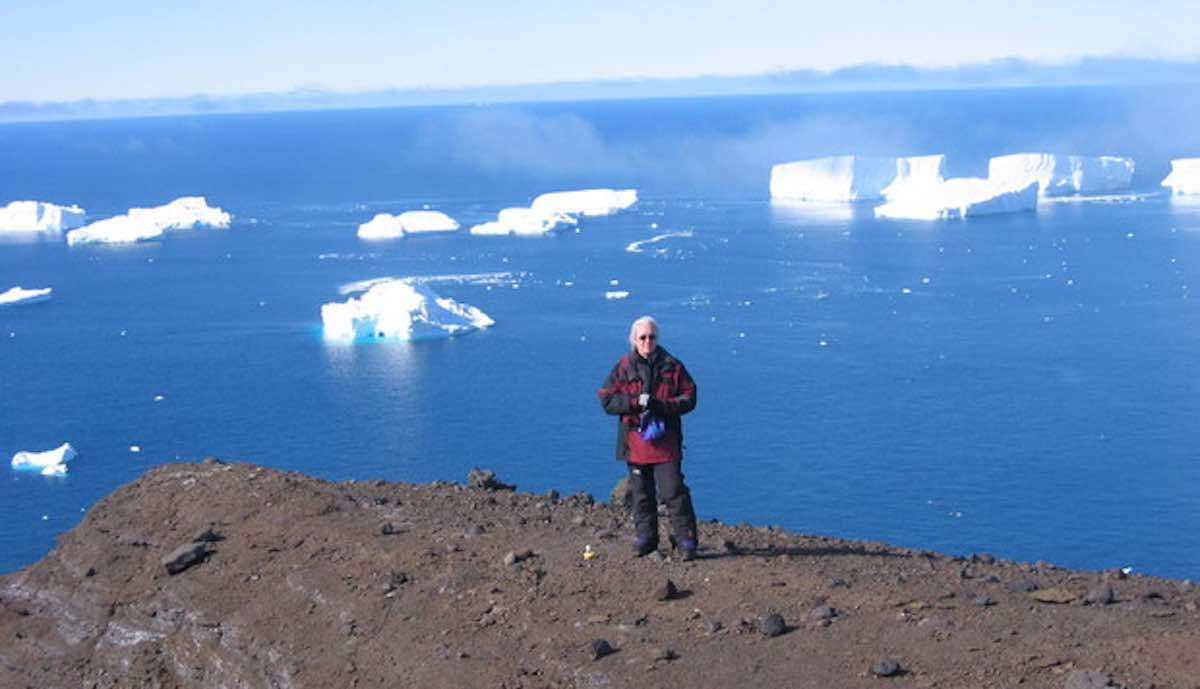People Have Passively Planted Over 30 Million Trees Simply by Surfing the Web
Millions of people are helping to save the planet without leaving the comfort of their computer chairs – and you can too.

A shocking new discovery in Antarctica might be a potential life saver in the fight against climate change.
According to a study conducted by The Ohio State University, the earth under the West Antarctic Ice Sheet is rising faster than ever recorded before. While that may sound alarming, it's actually good news for the crumbling ice sheets above.
GPS stations attached to the Arctic bedrock shows that the "uplift rate" of the region is measured at roughly 41 millimeters (1.6 inches) per year. In contrast, areas such as Iceland and Alaska were considered to have very speedy uplift rates of 20 to 30 millimeters per year.
"The rate of uplift we found is unusual and very surprising. It's a game changer," said Terry Wilson, one of the leaders of the international study that was published in the Science journal.
The unusual activity of the bedrock is caused by the decreasing weight of ice, which, according to the researchers, completely changes how they understand Arctic geology.
The discovery suggests that the bedrock could provide an invaluable source of stability for the Arctic sheets, which would prevent further ice loss and deterioration. Additionally, researchers are expecting the uplift rate to double - even triple - over the course of the next century.
"We previously thought uplift would occur over thousands of years at a very slow rate, not enough to have a stabilizing effect on the ice sheet. Our results suggest the stabilizing effect may only take decades," Wilson said.
Before making the groundbreaking discovery, scientists had assumed that the earth would rise too slowly to provide any kind of meaningful support - but the findings provide "positive implications" and "good news" for the future.
"The lowering of the sea level, the rising of pinning points and the decrease of the inland slope due to the uplift of the bedrock are all feedbacks that can stabilize the ice sheet," Wilson said.
Be Sure And Share This Cool News With Your Friends - Photo by The Ohio State University
Be the first to comment